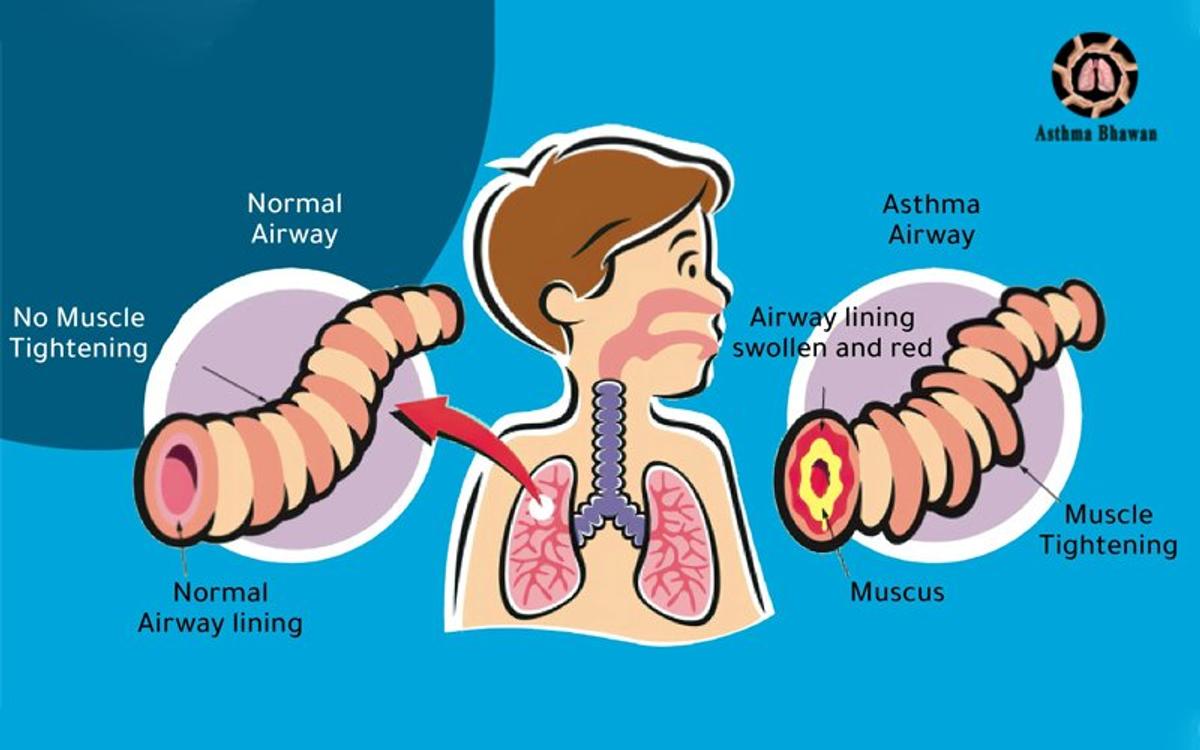Health Centre News

Asthma Management
In the colder weather, parents of children with asthma should be aware of potential triggers and take necessary precautions. August can be a challenging month with increased pollen and mold counts, which can trigger asthma symptoms. It's crucial to understand your child's asthma triggers, have a written Asthma Action Plan, and ensure they have access to their reliever medication and spacer.
Key Considerations for August:
Pollen and Mold:
August often sees high pollen and mold counts, which can trigger asthma symptoms. Monitor pollen forecasts and mold levels in your area, and stay indoors when levels are high.
School:
Ensure you have given a copy of your child's Asthma Action Plan to the school, along with their reliever medication, and spacer
Exercise:
If exercise triggers asthma, discuss with your child's doctor how to manage symptoms before, during, and after physical activity.
COVID-19:
Continue to follow social distancing and hygiene guidelines to reduce the risk of respiratory infections, which can worsen asthma symptoms.
Medication:
Ensure your child has sufficient reliever medication and that they know how to use it correctly. If using a puffer, ensure they have a spacer. Please check the expiry date of the reliever medication that you have provided to the school every term. This ensures that your child has medication which is effective and within the use by date.
Allergies:
Be aware of other allergies your child may have, as they can exacerbate asthma. Discuss these with your doctor.
Managing Asthma :
1. Follow your Asthma Action Plan:
This plan, developed with your child's doctor, outlines how to manage asthma symptoms, including when to use reliever medication and when to seek medical help.
2. Avoid Triggers:
Identify and avoid your child's specific asthma triggers. This may involve limiting outdoor activities during high pollen or mold days, or avoiding areas with smoke.
3. Keep Medications Accessible:
Ensure your child has their reliever medication and spacer accessible to them at all times, including at school and during extracurricular activities.
4. Monitor Symptoms:
Pay close attention to your child's breathing and other asthma symptoms. If they are experiencing symptoms, follow your Asthma Action Plan.
If your child's asthma symptoms worsen or are not responding to their reliever medication, seek medical advice immediately.
Important Resources:
Offers a wealth of information and support for parents of children with asthma, including a free Asthma Educator service.
Provides comprehensive information on asthma management, including an Asthma Action Plan template.
If you have any concerns or updates regarding your child's asthma, please contact me at a time that is convenient for you so we can discuss further.
Kind regards,
Nurse Cecile

